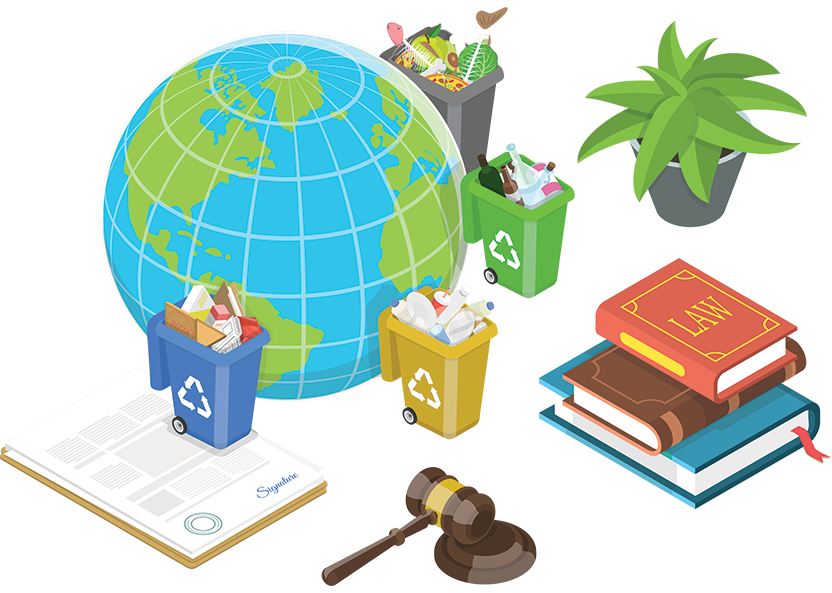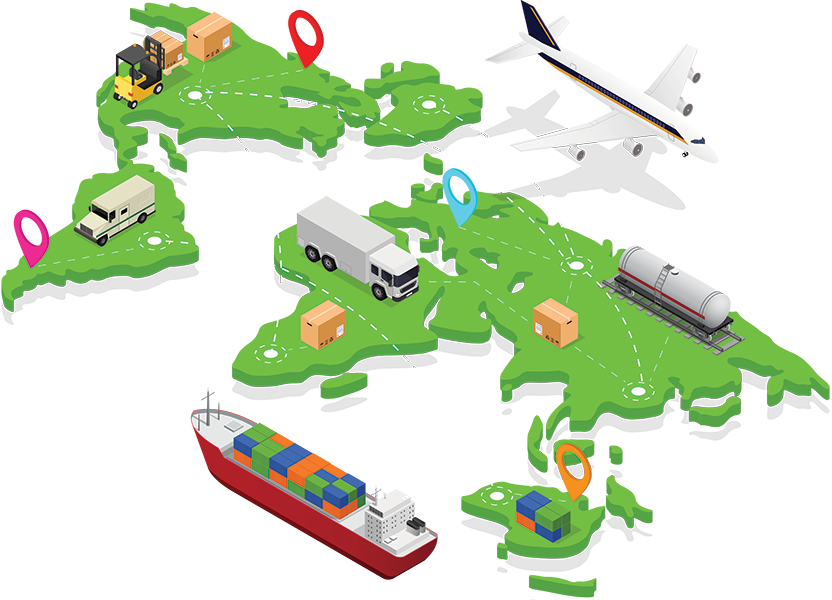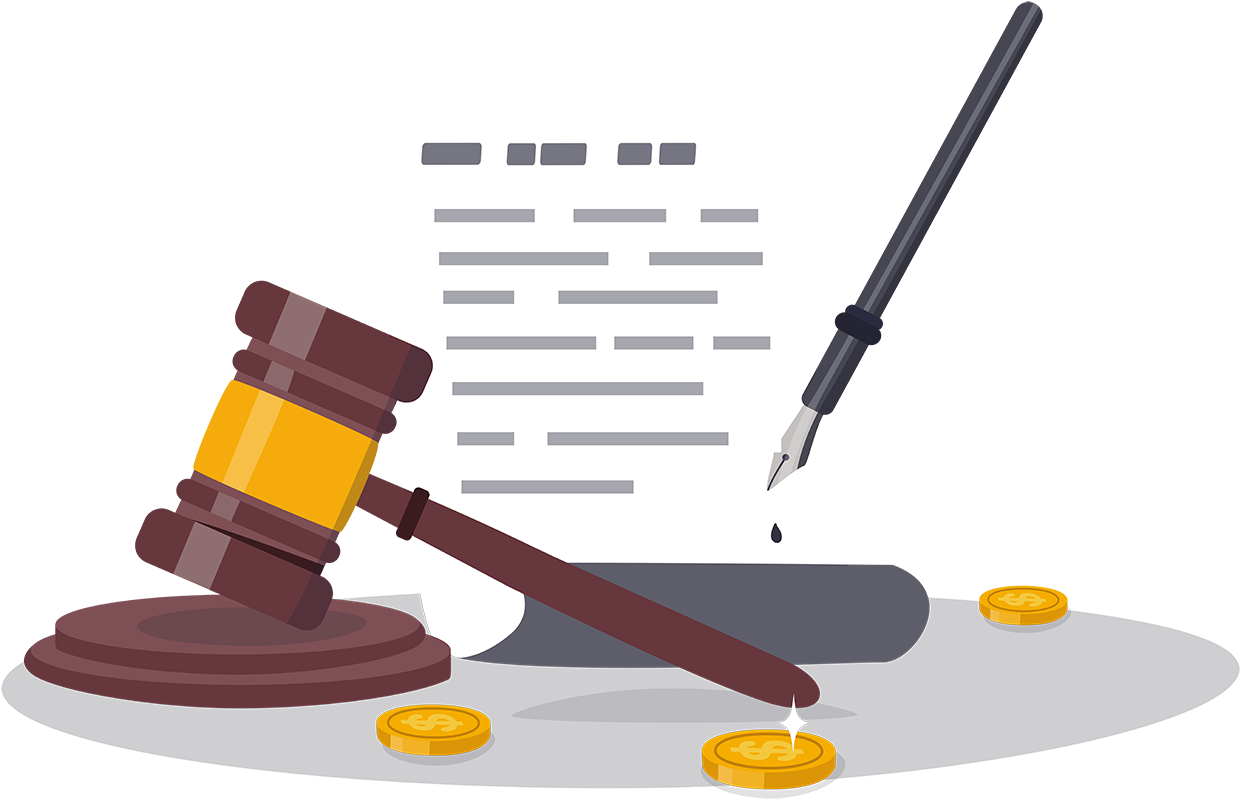December 3rd, 2024
The plastics industry has been confronted with a variety of tariffs and legislations that are reshaping manufacturing practices across global markets. These rules can vary significantly internationally, but here are some recent key trends and changes in guidelines encompassing an evolving landscape.

Regulations
Eco-friendly Initiatives
One of the biggest challenges facing this business seeks to address any long-term consequence of unnecessary pollution and how to navigate imposed regulations. Most conscientious producers of plastics are well-aware of potential harmful aspects in using materials that never fully decompose if discarded. While plastics are a valuable commodity in a plethora of important ways, response to its possible detrimental side has resulted in restrictions, recycling mandates and extended responsibility. Here are some requirements that carry impact for all involved.
- Extended Producer Responsibility (EPR) Programs
Many regions require manufacturers to be held accountable financially and legally for a product’s entire life cycle, from collection to disposal. EPR programs promote end-of-life recycling which encourages resourcefulness in design encompassing choice of reuse or proper discard. This influences the development process by incorporating packaging that will subsequently meet regulatory obligations to reduce waste. - Waste Reduction Laws
In efforts to improve recycling rates, many countries around the world have contributed through implementing a single-use plastic ban. Limitation targets articles such as straws, cutlery and shopping bags. Product lines – primarily in food service trades – packaging, hospitality and retail have had to adjust to transition toward more recyclable elements such as paper. Currently, there’s a fully applied ban on certain expendable materials in the European Union, while China and the United States are continuing to abide by stricter standards regarding waste. - Packaging Tax
In the United Kingdom, plastic packaging containing less than 30% reclaimable content is subject to a one time use tax to encourage the utilization of natural supplies. Such a financial incentive prompts businesses to steer away from further contribution to greenhouse gas emissions and encourages use of more biodegradable content, including bioplastics. - Bioplastic Materials
As an alternative to traditionally made petroleum-based plastics, the introduction of bioplastics – created from renewable resources or eco-friendly elements – has supplemented circular economy initiatives. While this mindset is relatively more expensive and regulative measures are still developing, it offers a potential solution to help refuse waste. Several countries have already introduced or are working on certifications for bioplastics to ensure ecologically sound operations that can decrease environmental damage.

Tariffs
Global Exchanges Rates
Tariffs on both raw and constructed materials are important for fabrication and consumption, especially those involved in international supply chains. Taxes consequently increase the cost of production, material and pricing of goods worldwide. Much of the plastics sector relies on international imports for production. Designed to protect domestic interests and inspire ethical practices, tariffs are a key component in exchange policies.
- USA - China Relations
Recent conflict with China and the United States initiated a rise in cost on Chinese imports, ranging from 7.5% - 25% for both finished products and raw stock like resin and polymers. As China is both a major producer and importer, this causes a disruption in supply chains, machinery needed in production and item pricing. - Resin Exports from the USA
In the USA, tariffs existed among intermediates and various resins, particularly on exported goods outside of the USMCA (United States-Mexico-Canada Agreement). These countries have escalated costs for U.S. producers, making their products less competitive within certain international arenas. Alternatively, the United States exports a notable amount of plastic resin to emerging markets, where levies are dependent on local policies. - EU Tariffs on Imports
Members of the EU have been making notable headway to invest in a circular economy by relying on virgin resins. While bioplastics are viewed as a viable substitute, tariffs may still be employed based on country of origin. However, some regions provide exemptions or agreements on green materials that align with a system that minimizes the usage of raw materials and undesirable waste. The plan aims to alleviate pressure on natural resources while also attempting to achieve climate neutrality. - Global Tariffs
Many countries have implemented their own levies that fall in line with international trade policies. As of recent years, a global plastic treaty is being formulated with the goal to curb plastic pollution by 2040. The document is meant to act as a legal binding accord between countries to commit to better methods and reach loftier conservation goals. The treaty is expected to include commitments to eliminate single-use plastics, promote product design innovation and encourage reprocessing.
The Future – Navigating Change
As the scope of manufacturing continues to advance, the influence of tariffs, environmental standards and sustainability objectives will direct the future of production and trade. A worldwide emphasis on greener resolutions can transform how things are made, utilized and discarded.
Taxes and tariffs will continue to affect international exchanges, particularly between China and the USA, potentially raising pricing for manufacturers and consumers alike. These rules and regulations allow companies to remain competitive, compliant and innovative toward shifting industry demands and smarter ecological plans.





